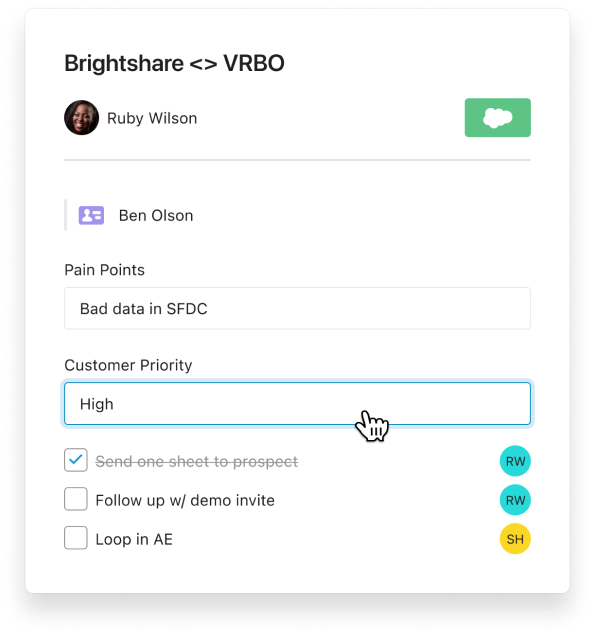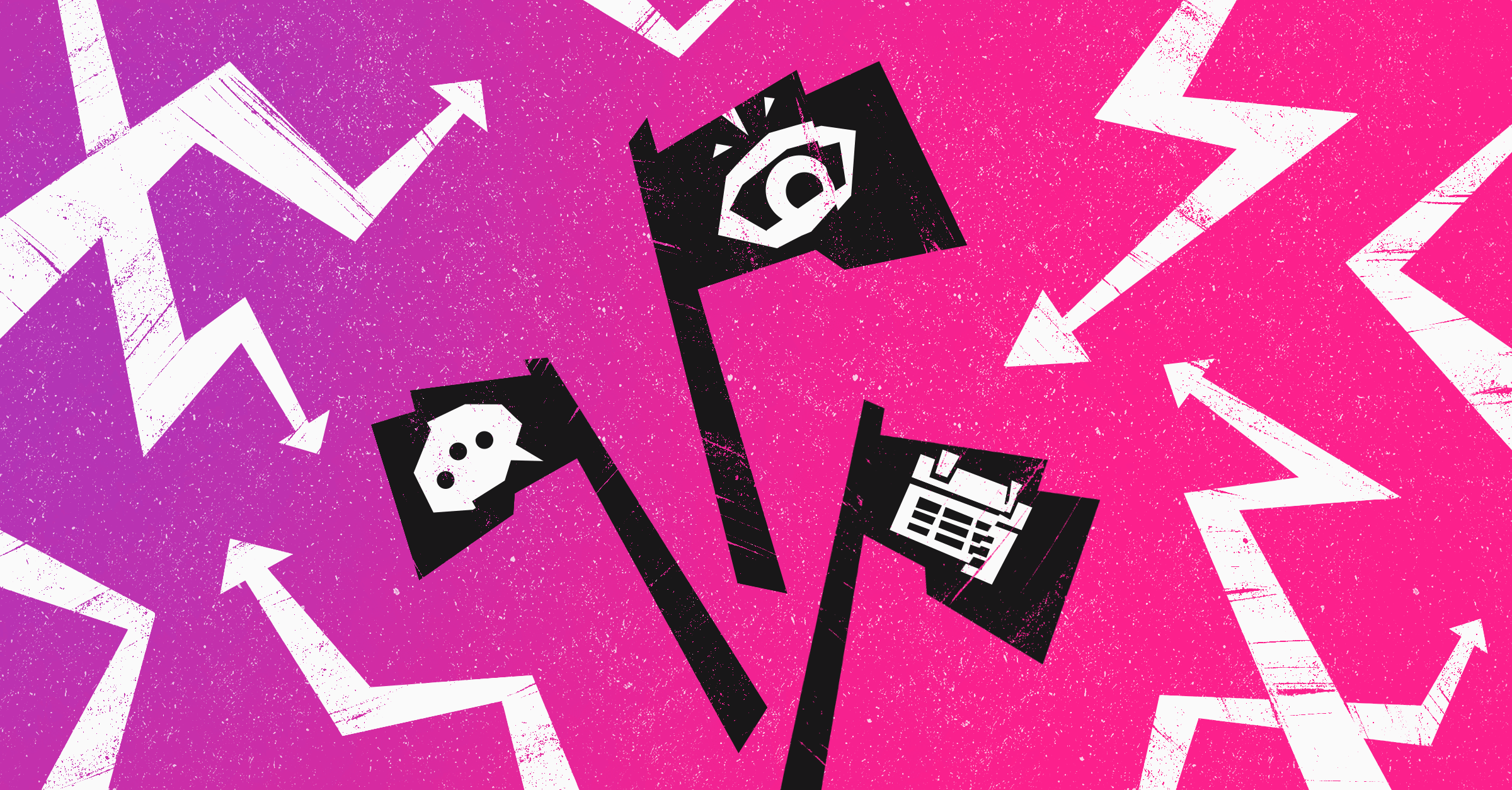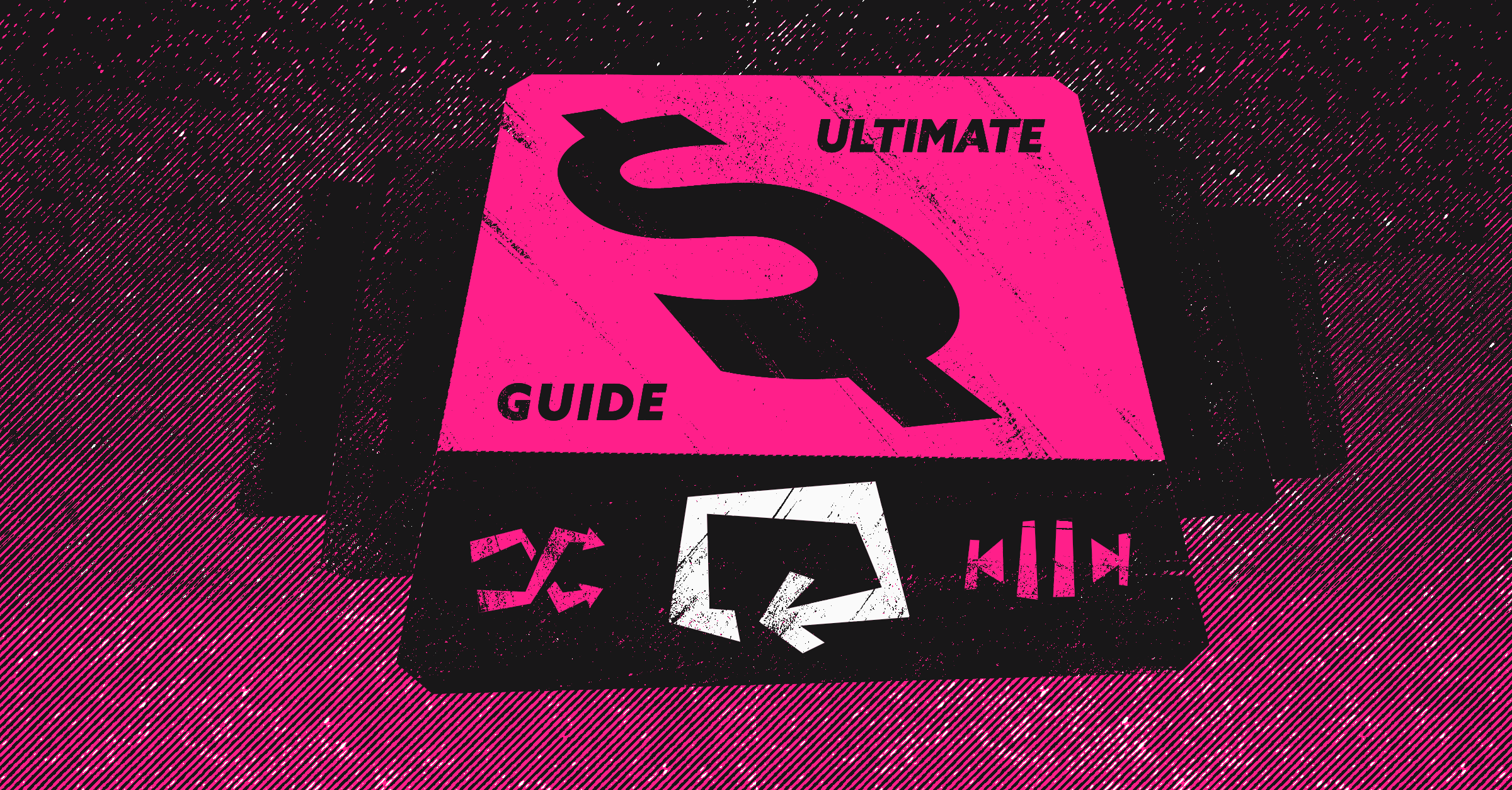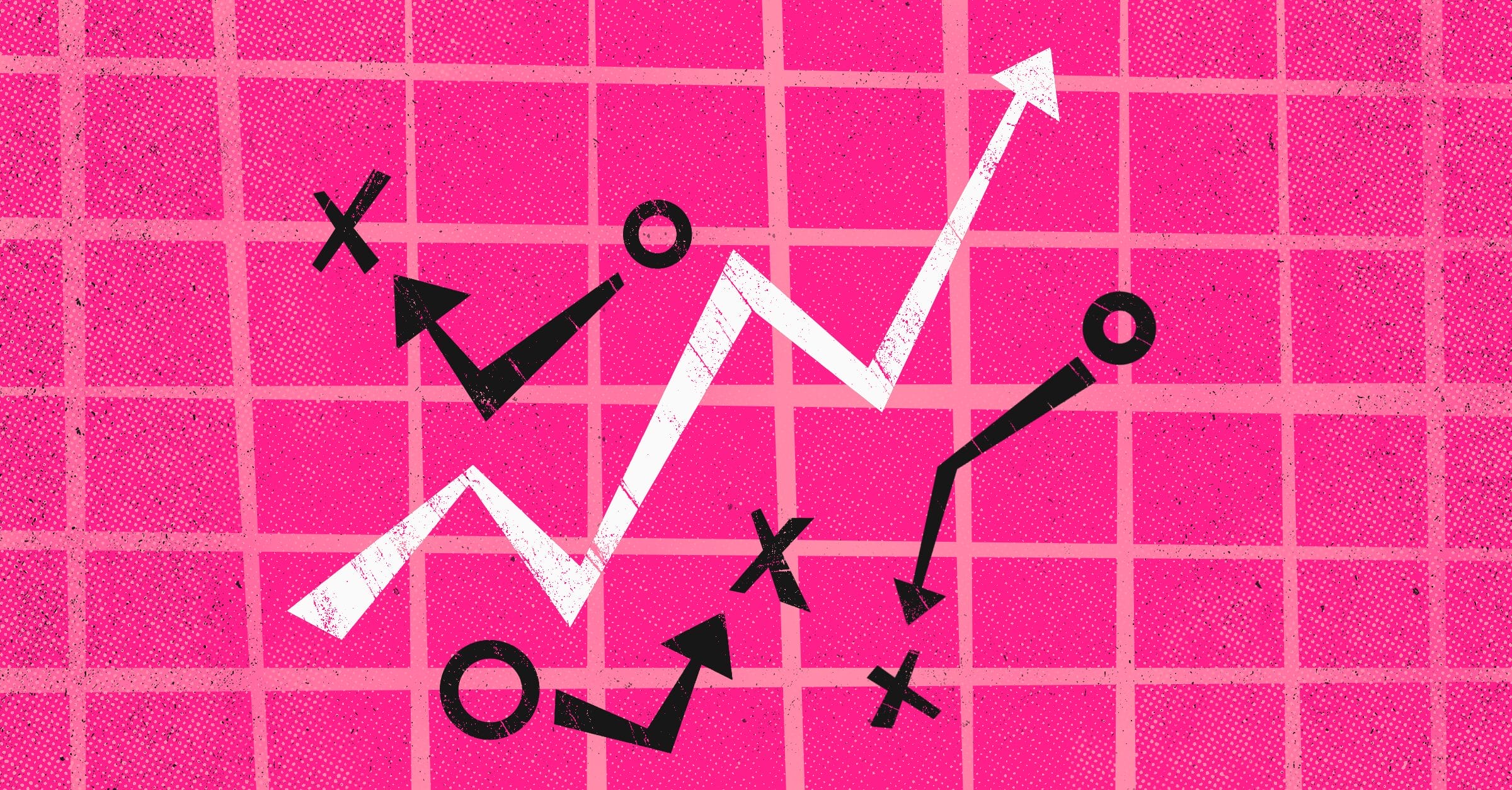
There’s no one in sales who would not want to be a high performer.
But what does it really mean to be a high-performing sales rep? Is it a matter of talent or acquired skills? Can you become a high performer even if you haven’t been at the top of your game so far?
I believe you can — if you can mimic the amazing chameleon, who shifts its color and brightness depending on its surroundings.
Let me show you why. But before, let’s define what high performance means.
Who is a high performer in sales?
High-performing sales reps not only achieve their targets but exceed them in a way that is hard for others to replicate.
You can see this in sports, where top athletes baffle everyone around them with the way they do things. Think about the hockey legend, Wayne Gretzky. Nobody could replicate what Gretzky was doing in the rink. That’s a high performer.
Now, if everyone in the sales team is performing at a high level because they’re all exceeding quota, then the quotas aren’t high enough. In that case, I would say the sales organization is not measuring things right.
High Performance = Skills + Execution
Performing at a high level is possible when you marry your abilities to your execution really well.
You don’t have to be the most talented or the best at cold calling, for example. You just need to get the maximum yield out of your sales activities. And this is possible when you know how to use your skillset to solve the problems you face daily as efficiently as possible.
In other words, a high-performing sales rep can crack the code and see around corners. She can predict what the prospect is going to say based on their experience and intuition — and then apply that knowledge.
Observing high performers over the years, I’ve noticed that they know how to match patterns and apply them to the problems they have to solve. They’ve learned how to hack the system to a certain degree.
So how do you hack the system?
Start with self-awareness. Understand where your limitations and strengths are. Then double down on your strengths. But also be aware of your surroundings, knowing what you should be looking for in different situations.
Learn from your daily experiences and apply previous knowledge and previous patterns to current problems. For instance, if you learned a valuable lesson in your last meeting to make it more effective, see how you can replicate it so all your future meetings will be as or more effective.
When I started in sales, for example, I took pages and pages of notes. But then I realized that about 80% of the notes were irrelevant. So I learned how to make them more streamlined and efficient so that I could make sense of them and then share the relevant and important insights with the rest of the team.
On the other hand, low performers make the mistake of not learning from past experiences. Instead of optimizing, they keep repeating the same patterns over and over again and never make adjustments.
High Performers are Masters at Adapting (like a Chameleon)
All things being equal, high performers stand out from the crowd because of their ability to adapt and adjust themselves to the three scenarios below.
1. Adapting to tools and training
Every AE will receive some sort of training and tool stack. But the high performers have an adaptive layer that helps them make the most out of them.
A high-performing rep will cut through the noise and absorb the training material quicker, and then adapt that material to her audience. She will perceive if there’s a disconnect between the teaching and her audience but still connect the two pieces together in a way that works for her buyer.
And in regards to tools, I don’t think the tools alone make someone a high performer. How you use the tools makes you a high performer.
For example, we have this amazing notes application that we’ve created at Dooly, but three people could use it really differently and still be high performers. They’ve just learned how to make the tool work for them.
There are no two sellers that are exactly the same. And there’s not one unique way to sell. High performers have their own motion, and their own vehicle to get things across the line. So it’s not about the tools, but about being able to adapt the tools to what works for you.
2. Adjusting to the audience
Your ability to adjust to your audience will be reflected in how well you use projection techniques. Here’s how to do it:
- Digest the information prospect gives you and form a good picture of the space that they move in.
- Imagine what their world is like and relate to them personally.
- Project something back to them that demonstrates that you understand them or get them.
A high performer will be able to do that with a great deal of comfort and confidence, building trust and rapport so people would want to buy from him.
Adjusting to your audience is being like a chameleon. Whether you’re having a meeting in New York versus LA, or you’re meeting with a senior leader versus an individual contributor, you will need to adjust your approach to each situation so they’d feel that you are relating to them.
A high performer can be relatable almost instinctively, but a low performer will have a hard time getting out of their own skin.
3. Making the sales process work for you
Each sales organization has its own best practices and internal sales processes and playbooks. If you want to become a high performer, you need to understand what the most effective playbook is for your business so that you can create a repeatable sales process that’s scalable.
High performers know how to adapt any playbook to themselves.
It’s important to have hunger and drive, but even more important than that is to know how to get things across the line— understanding how the process works and creating that repeatable, scalable motion for yourself.
Final thoughts
When I was a sales rep, the essential ingredients to being a high performer were understanding what workflows would work the best for me and getting passionate about the thing that I was selling.
At my last company, I sold into professional sports and the media. And when I sold into pro sports, I spent more time trying to understand their business and relating to them than actually selling to them. Why? Because sports was something that I was super interested in.
I was passionate about sports and my clients could see it, so it made it easier to establish relationships and build rapport. So finding something that makes you passionate about what you’re selling will help you become a high performer.
If you feel like you’re not reaching the level of performance that you’d like, there’s only one thing to do: Practice.
That’s the one thing that slips by the wayside when sellers feel stressed over quota. They try to sell more but they don’t try to practice how they sell. They don’t try to practice their pitch or the way that they send over their emails or any of that stuff. They tend to just go into this robot mode of just making more calls.
Remember this: it’s not a numbers game. It’s making sure that people actually feel like you have figured them out to some degree. And that takes a lot of practice and a lot of dissecting— reviewing what you’ve done in the past so you can become a better version of yourself in the future.
Finally, a sales process that gives you the freedom to sell.
Use Dooly to keep your deals on track, and your manager off your back.
Try Dooly for free
Join the thousands of top-performing AEs who use Dooly every day to stay more organized, instantly update their pipeline, and spend more time selling instead of mindless admin work. Try Dooly free, no credit card required. Or, Request a demo to speak with a Dooly product expert right now.


